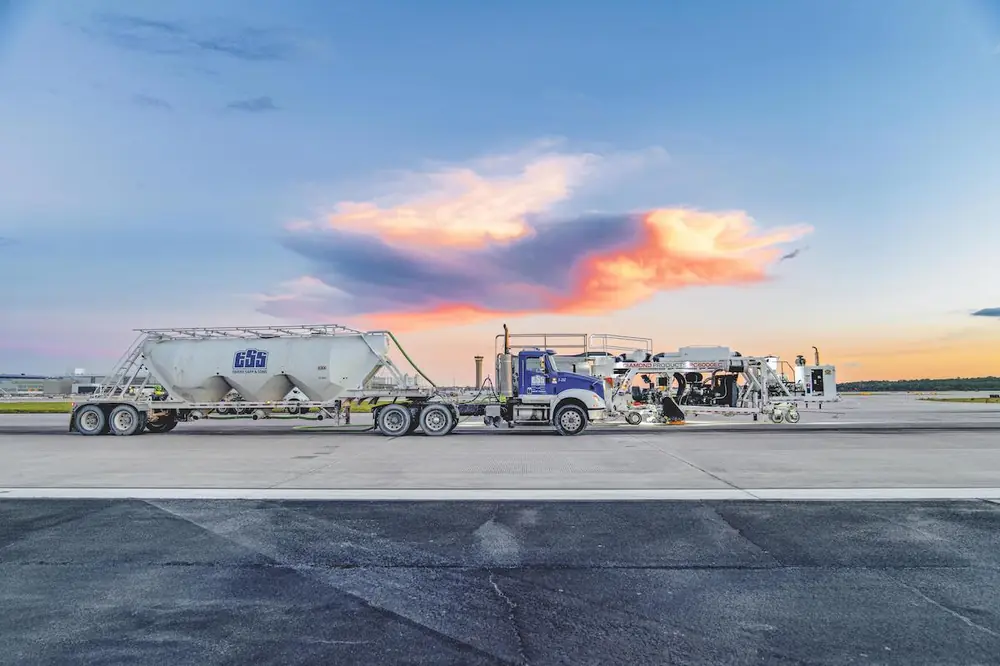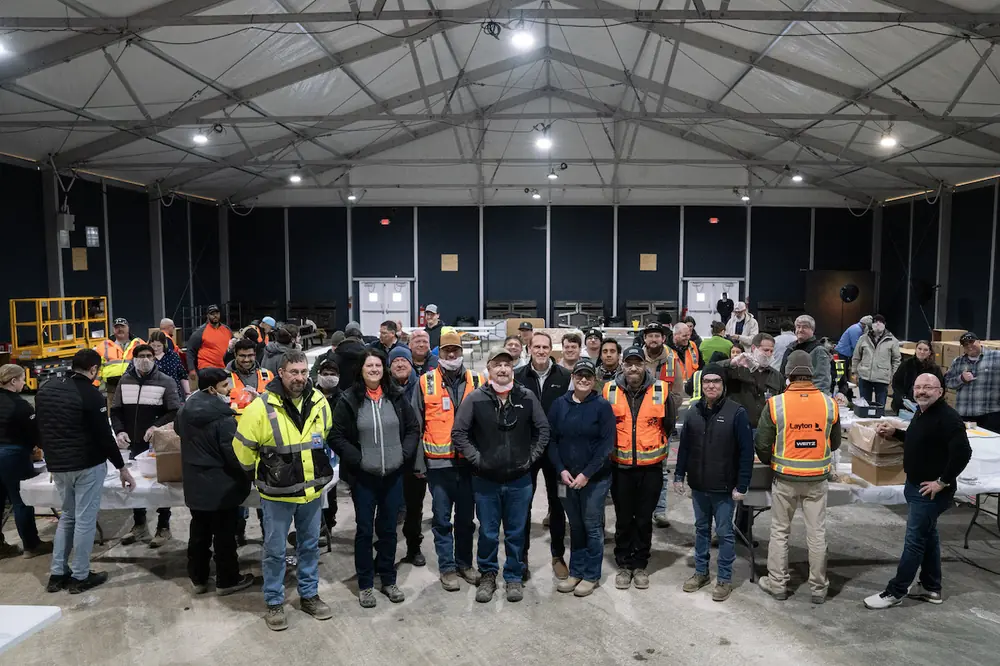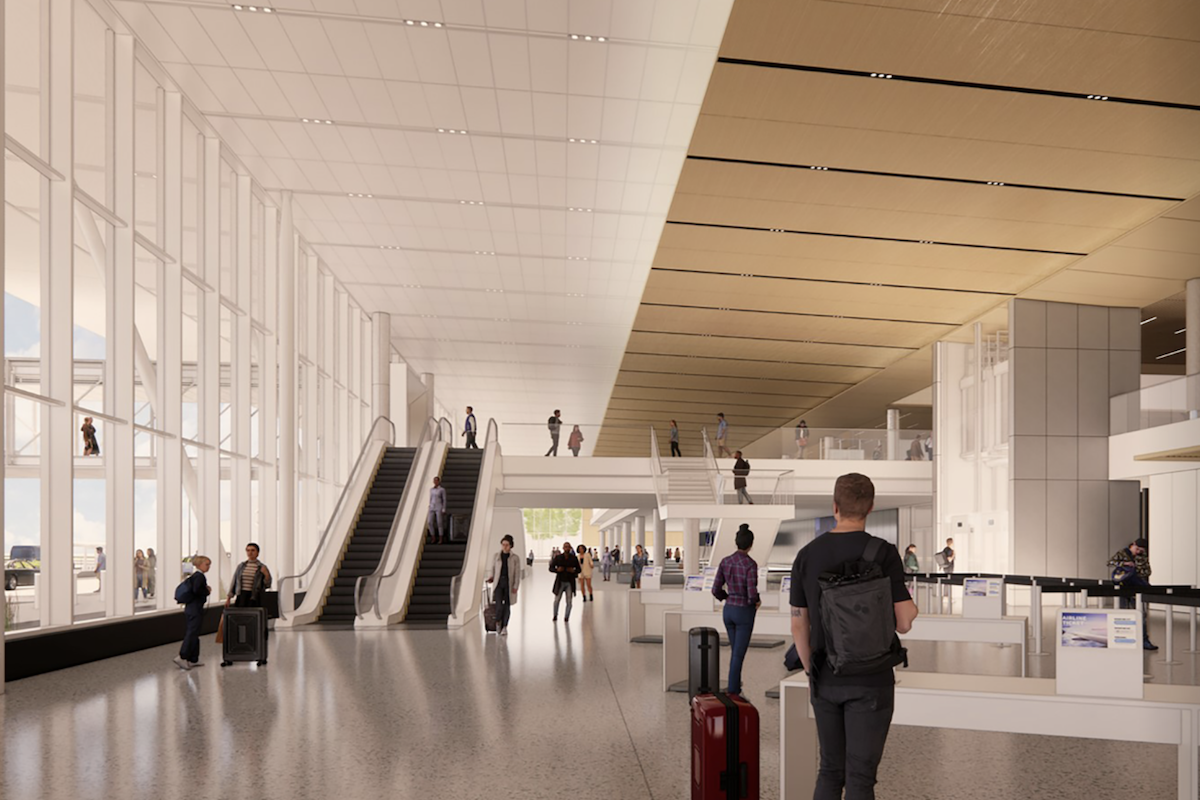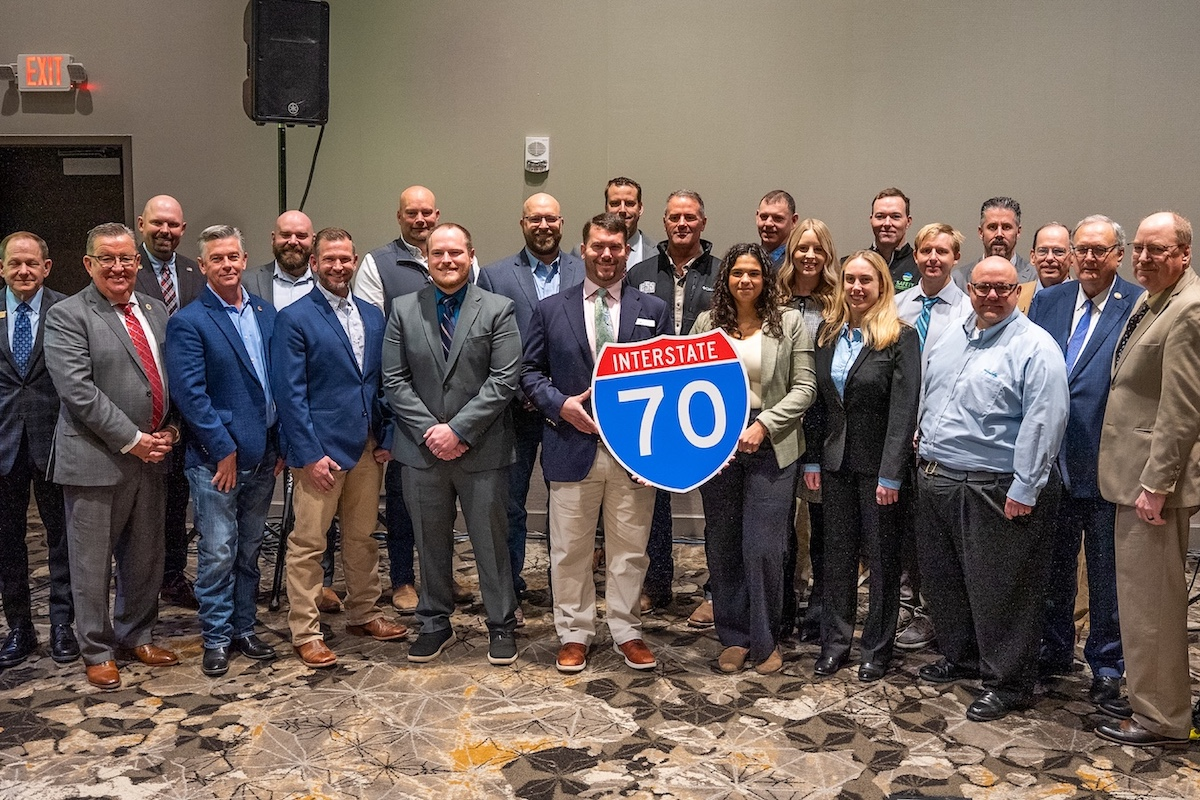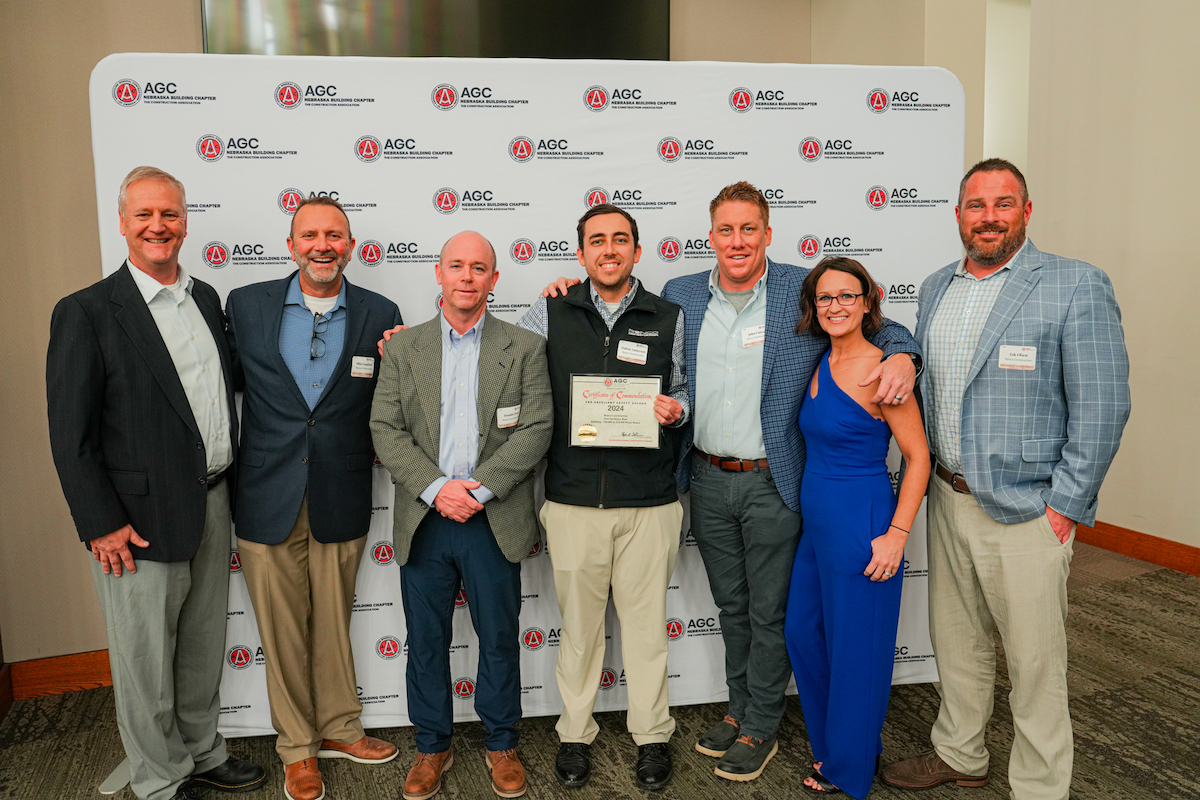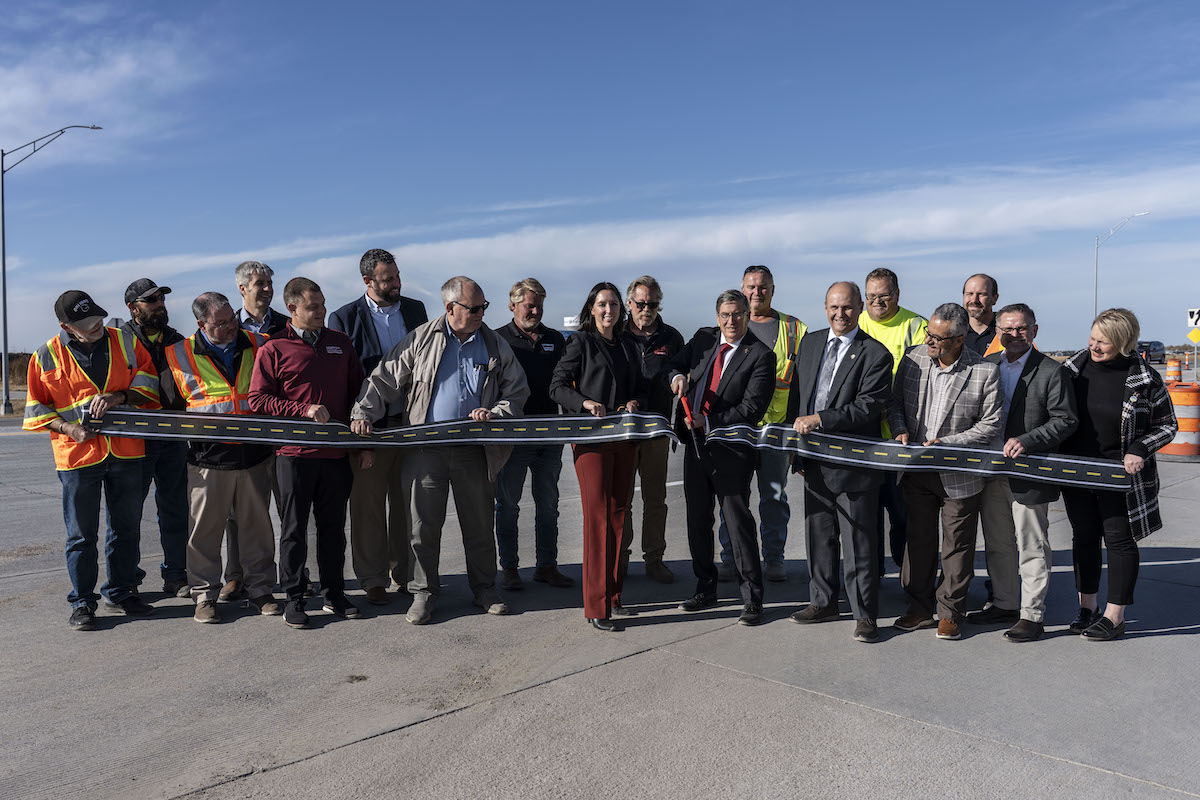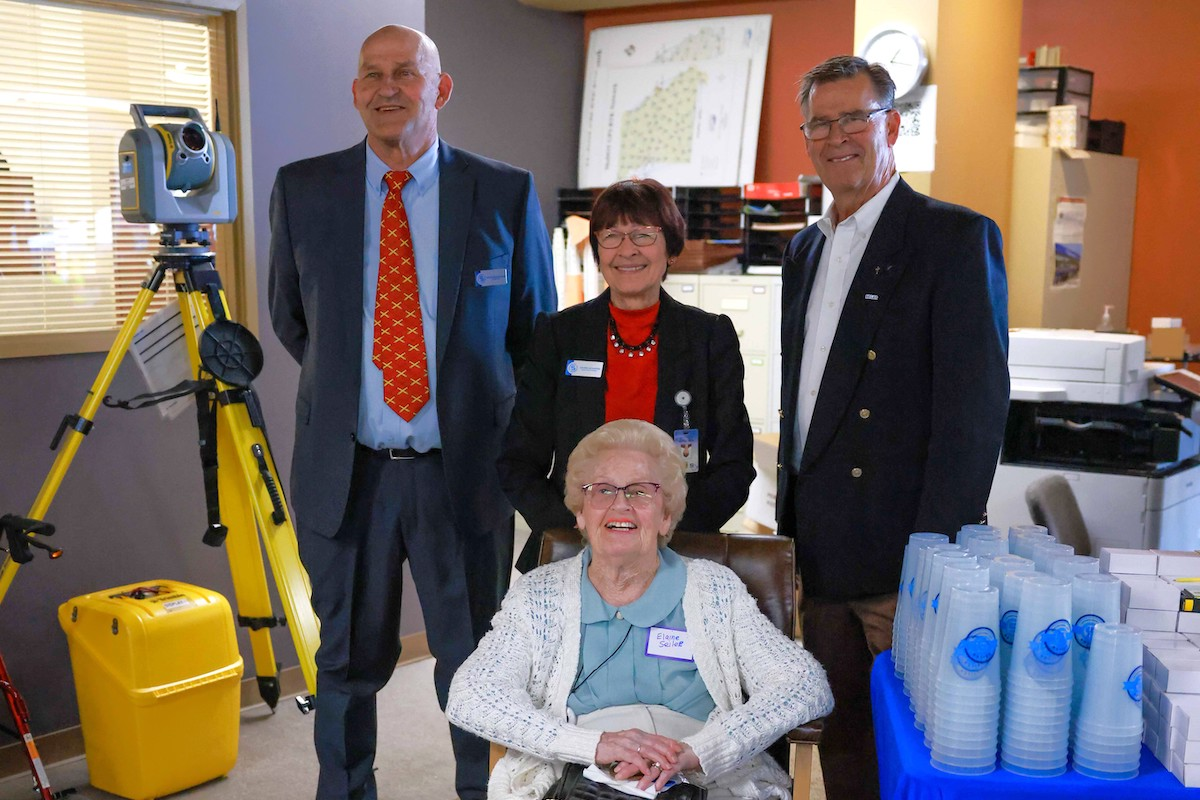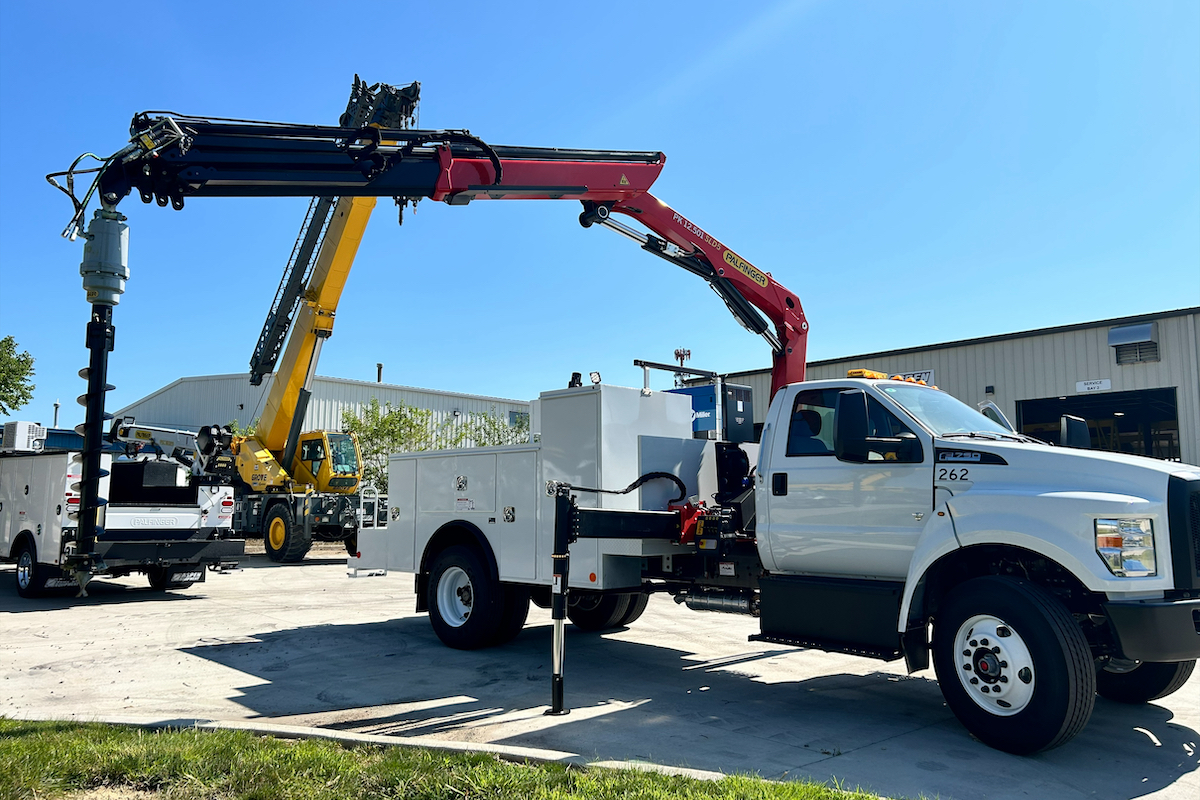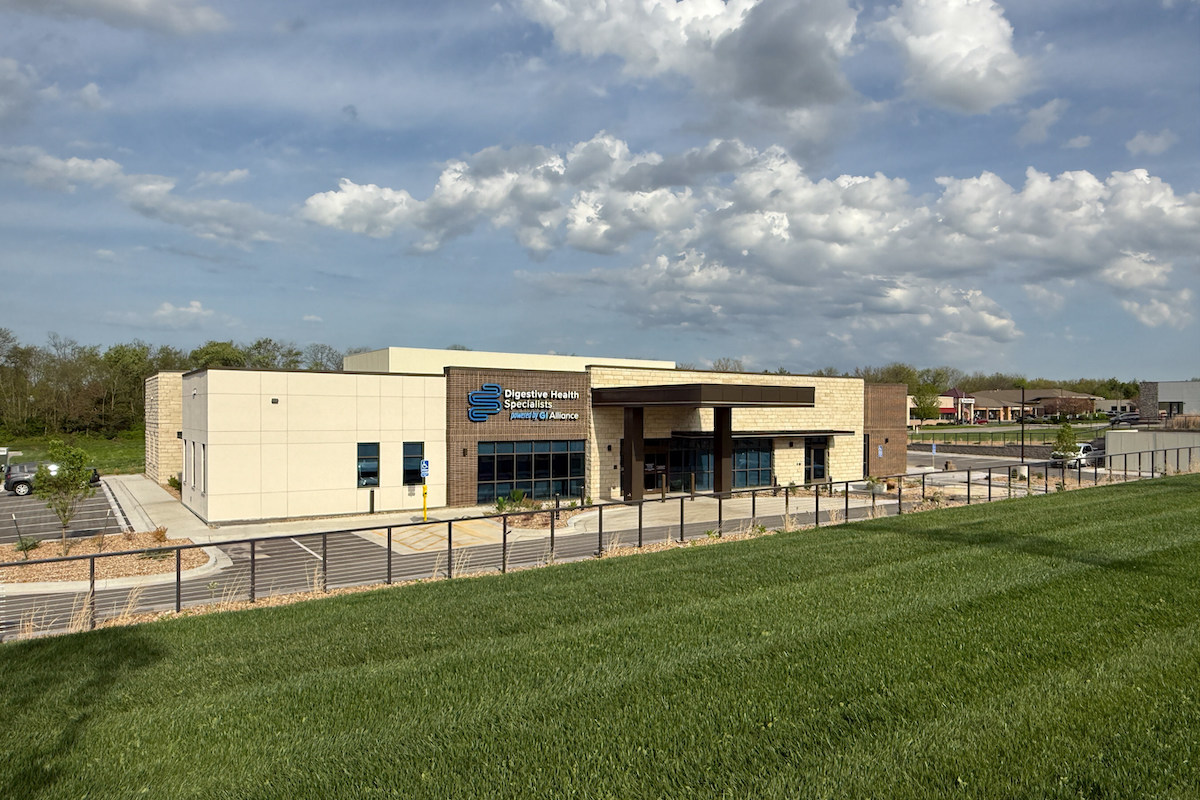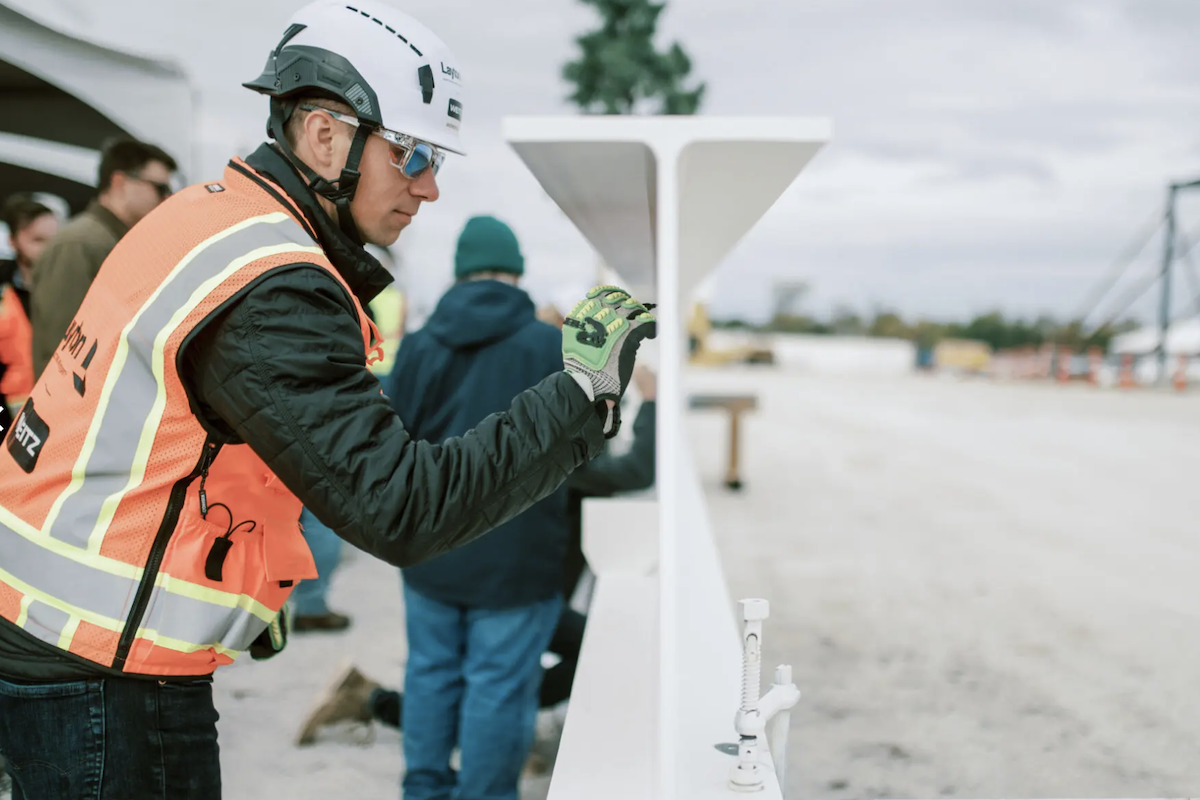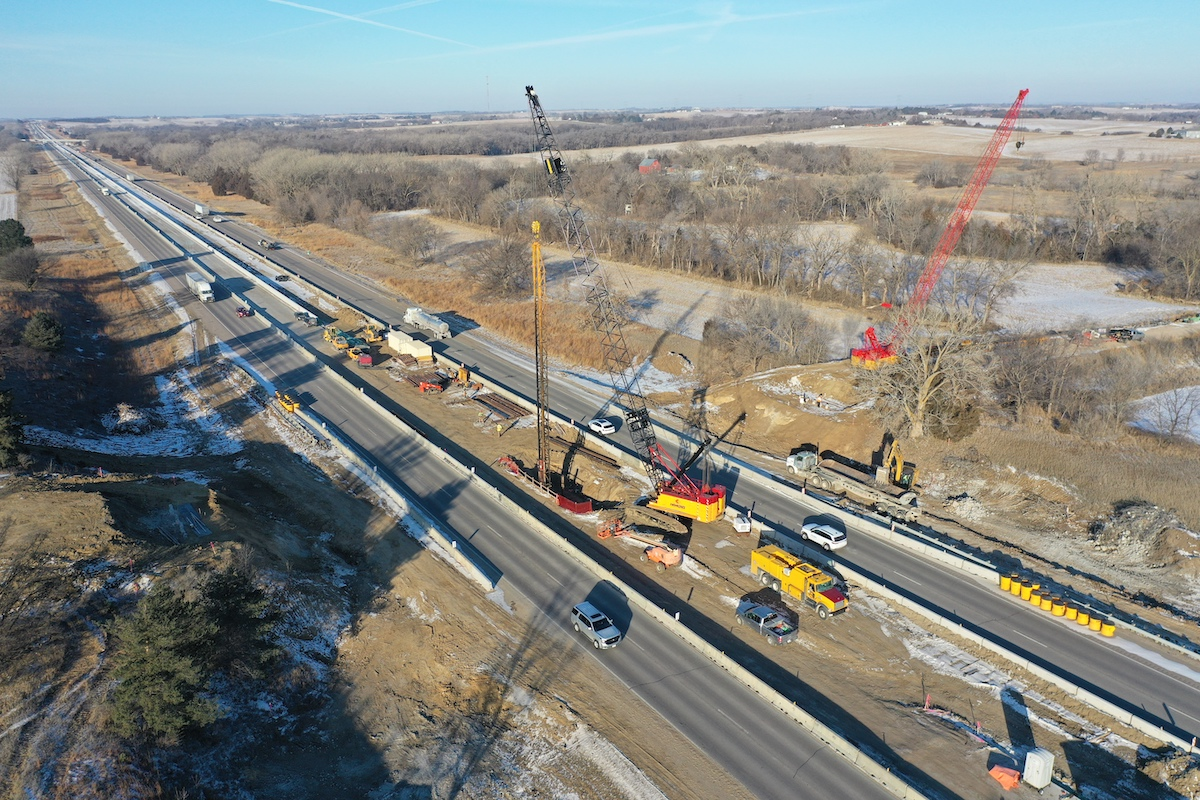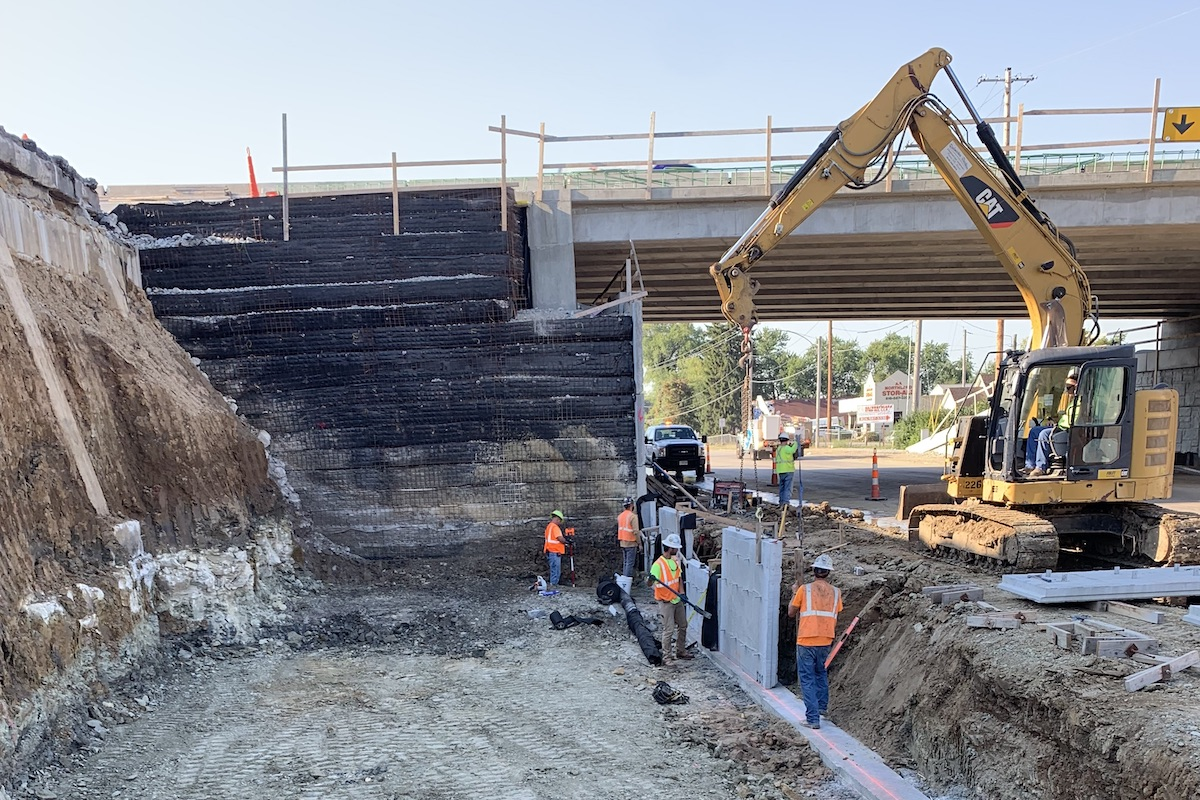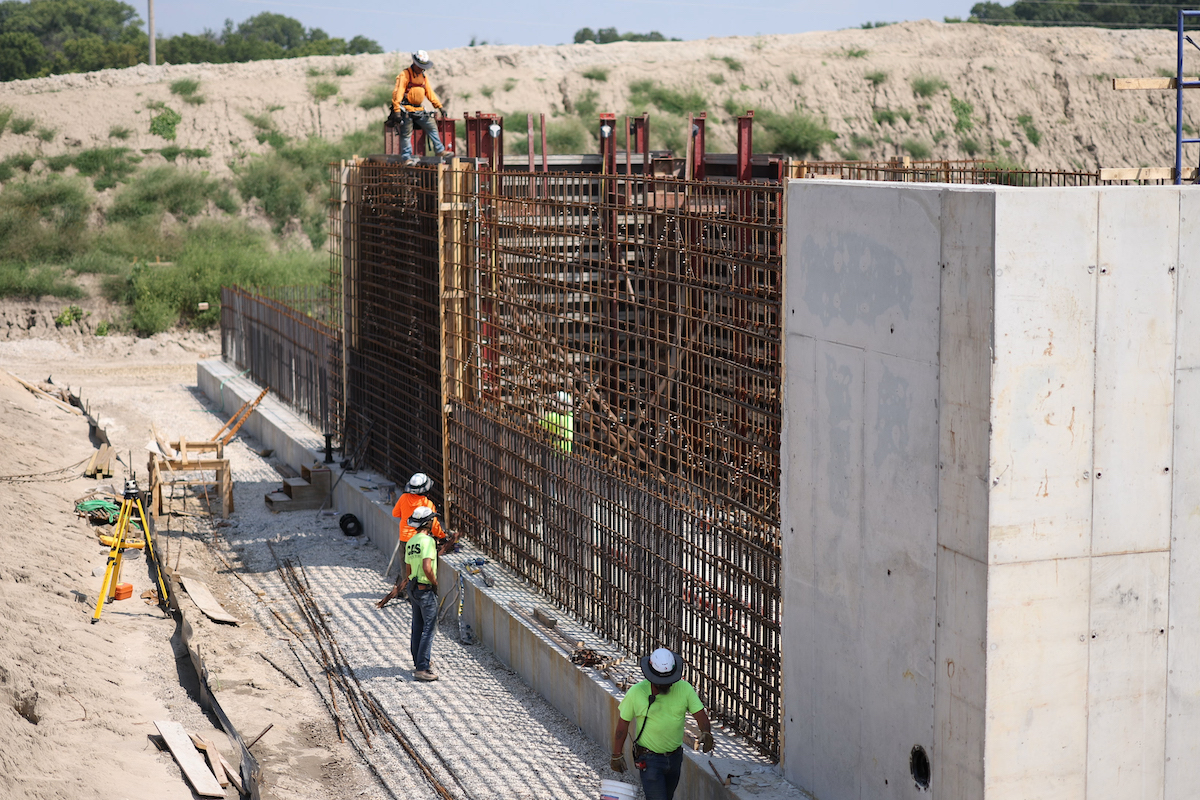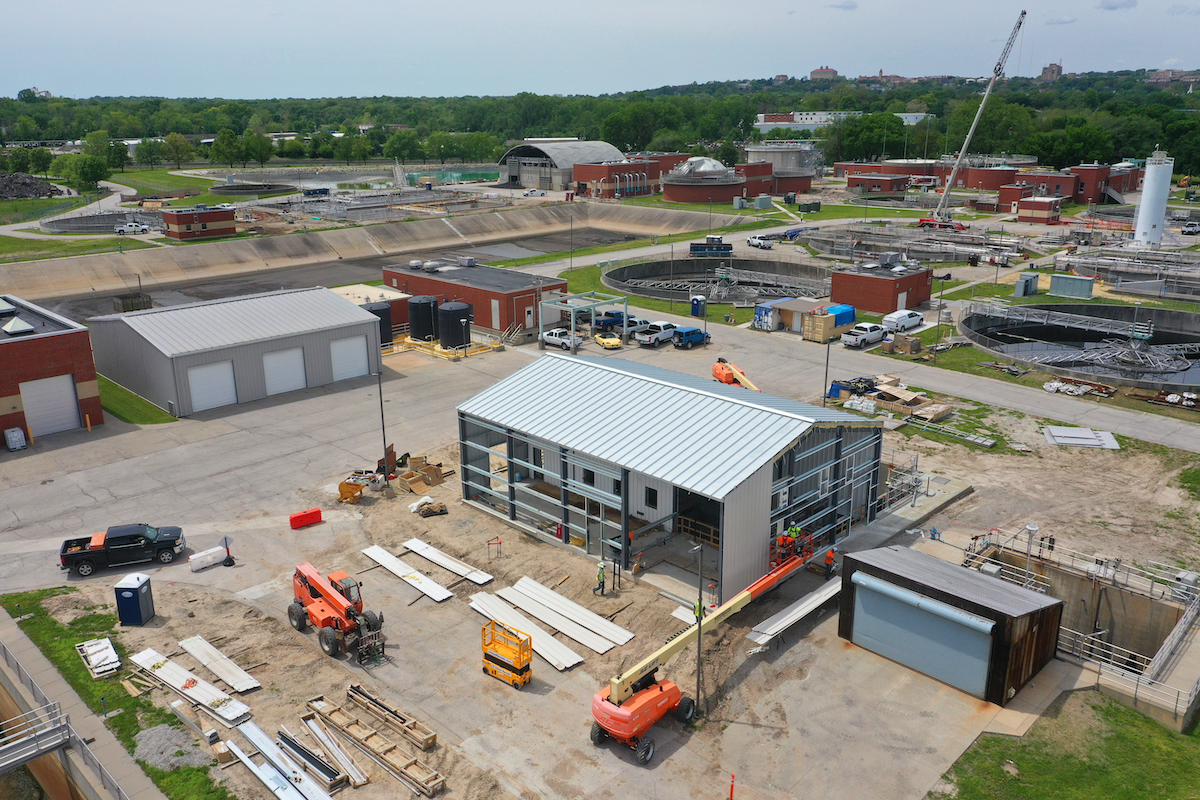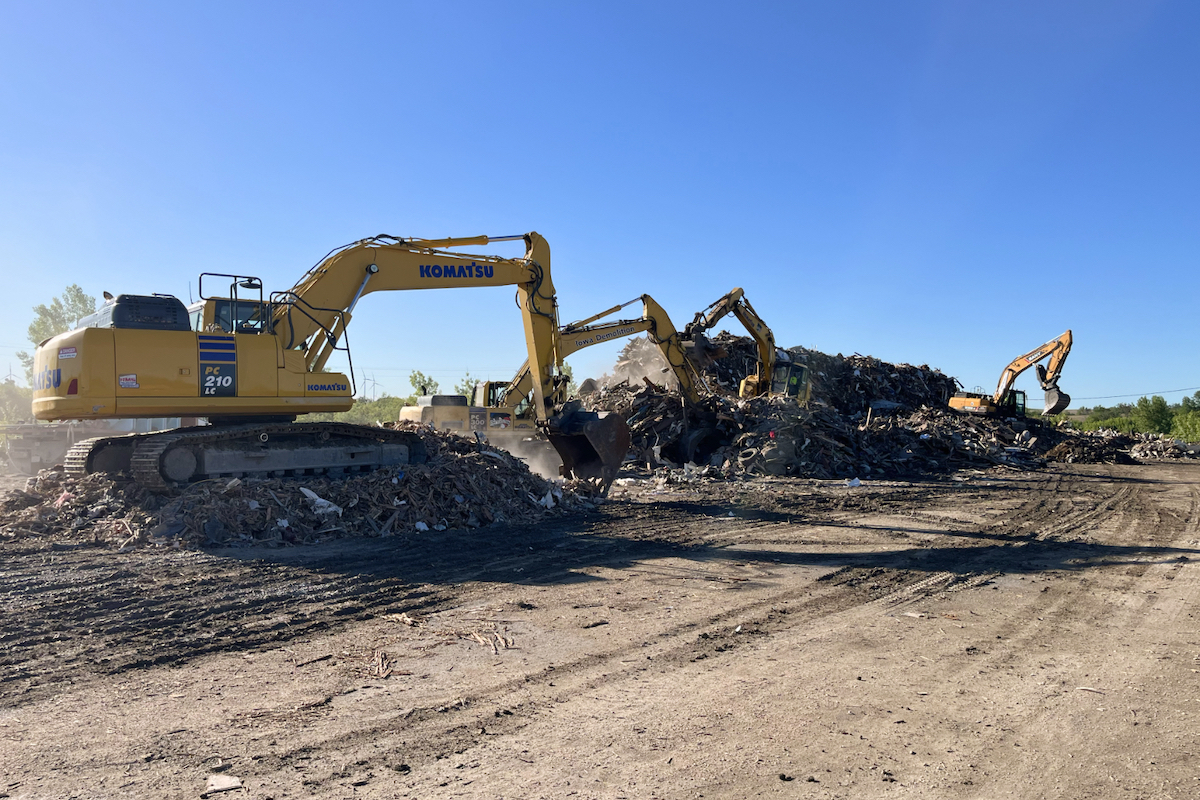The 1.5-mile stretch of CR 314 isn't fully paved – some sections are dirt – and is narrow at just one and a half lanes wide. In addition, there’s a precarious drop to Clear Creek, which flows along the road and a horseshoe turn, but there is no guardrail.
Upon completion of construction, there will be one 11-foot lane in each direction with 2-foot shoulders on the majority of the route and an 8-foot-wide bike path.
Other work includes the installation of retaining walls and guardrails, a pedestrian bridge over Clear Creek, drainage improvements, erosion control, and updated signing and striping.
The Scott Lancaster Memorial Bridge is a pedestrian bridge that crosses over Clear Creek. The team needed to move the bridge because it was not up to current safety standards. Lancaster, a native of the area, died in 1991 at the age of 18. He was killed by a mountain lion while on a training run.

| Your local Trimble Construction Division dealer |
|---|
| SITECH Central LLC |
| SITECH Midway |
| Fabick CAT/MO |
In addition to moving the Lancaster Bridge, the project required a new steel pedestrian bridge to cross Clear Creek. Placement of the new pedestrian bridge was a challenge due to overhead power lines. It arrived on site in parts, and the team bolted it together.
"We wanted to preserve the Lancaster Bridge because it’s valued by the community,” says Kevin Brown, a Resident Engineer for CDOT, who is overseeing the project. The bridge was moved just 500 feet away and now includes documentation explaining Lancaster’s story.
Despite the small distance, moving the bridge was a challenge. The hand-built bridge, which had wooden poles bolted together to act as beams, didn't have any existing plans. The team didn’t even know how much the bridge weighed.
Through engineering, they were able to determine some details, including a weight estimation. A crane was used to move the bridge. “The team handled the bridge very carefully and managed to preserve it while moving it,” Brown says. A gravel trail was added to the bridge’s new location, making it easier for tourists to view it.
“Half of the project site is shaded 90 percent of the time in winter,” says Jamie Klassen, a Project Engineer for American Civil Constructors (ACC), the general contractor on the project.
There’s also a variety of soil types in the area. “Some of the soil types we discovered aren’t standing up as we expected, which means greater quantities were needed to support the retaining walls,” Brown says.
Because of these natural challenges, the team has had to use five different wall types. The variety is based on the mountain, soil, and the work done in the area. Two different wall types were adjacent to each other. This has been challenging for the contractor in regard to scheduling since different subs worked on each wall type and material supply.
One wall type – winter-proof mechanically stabilized earth walls – was prioritized on this project. The cold and harsh winter conditions led to the need for this type of wall on this project. An INFRA grant was secured for this project. The state kicked in the rest for the $8.7 million project.
While the roadway has been closed to motor vehicles during construction, pedestrian and bike access has been maintained. This helps keep the project moving forward.
Brown notes that the contract included a certain number of workdays on the project. The clock stops during the winter, but the contractor is permitted to work if they choose.
ACC has worked during their free time, which Brown says has been key in keeping the project on schedule. “They utilized the winter shut down time to catch up and get ahead despite challenges.” Besides the surprises with the soil, the team has had some slowdowns due to utility issues.
Another way the team has kept the project moving through winter is by using a specially designed crushed aggregate that is winter proof.
When the project completes later this year, the Peaks to Plains Trail will be one step closer, hikers will be able to enjoy the tribute to Scott Lancaster, and local drivers and emergency vehicles will have a reliable and safe alternative to I-70.





















